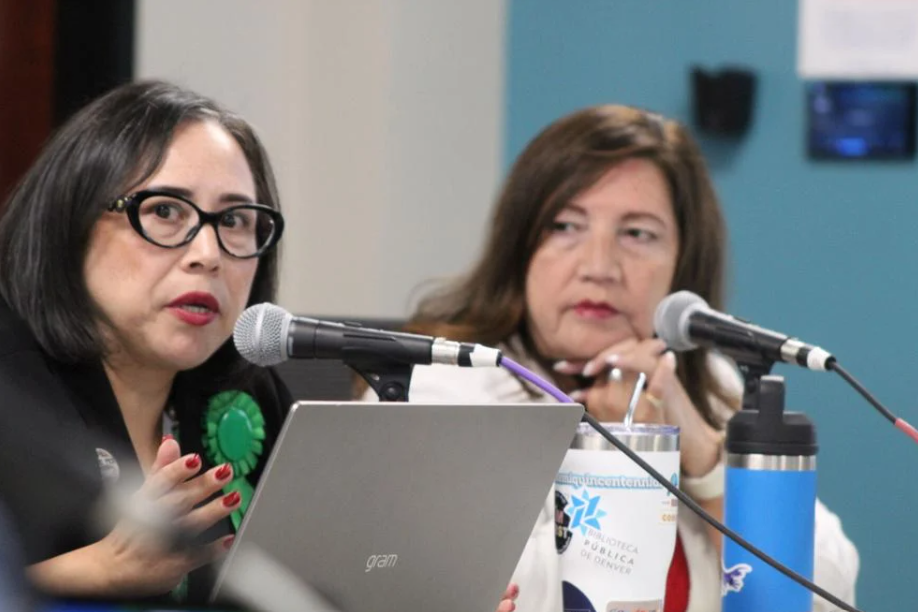When jail isn’t the answer, but alternatives prove elusive
Sometimes agreement on the big picture isn’t enough in the Colorado Capitol, not when dollars and due process are in the mix.
Political and medical professionals agree that jail is the wrong place to hold a person detained solely for a mental health crisis or psychiatric emergency. That doesn’t make solving the major snags around a solution-money and the law-any easier.
Last June, Gov. John Hickenlooper vetoed a bill to expand the space available to hold a person for 72 hours when his or her mental health presents a danger. There are only 543 public beds for psychiatric patients spread across the state, and even when they’re available, they could be a prohibitive distance away. That leaves only a jail, even though state law limits jail psychiatric holds to 24 hours.
Senate Bill 169 would have made hospital emergency rooms an option. The governor. however, called the legislation “well-intentioned” but legally problematic.
“No limit is placed for how long an emergency room may detain someone involuntarily while awaiting a free bed in a suitable treatment facility, and more importantly, no mechanism is made to afford due process to a person held involuntarily in ’emergency’ custody,” Hickenlooper’s veto letter stated. “We have due process concerns for these individuals.”
He asked a 30-member task force led by legislators to work on a solution and report back by Jan. 1. The group has been meeting twice a month since August, but with just two meetings left, the major tangles that led to the veto are still knotted, Rep. Tracy Kraft-Tharp, a Democrat from Arvada, said Monday.
The biggest issue, she said, is money. Everyone involved would prefer more facilities capable of holding and treating a person in crisis, but how to pay for those beds is a big question right now.
“Spending millions and millions of dollars, we can’t do that,” said Kraft-Tharp. “Our state budget doesn’t allow us to do that. It’s a question of what are we doing to do. We’ve got two more meetings to figure that out.”
The legislation last session also addressed a conflict in state and federal law. Federal law requires hospitals to screen and treat patients who come to an emergency room, but current state law doesn’t allow most of those hospitals to hold psychiatric patients involuntarily.
Further, only about 30 of the state’s more than 100 hospitals could meet the current requirement of offering 24-hour psychiatric care, which would be expensive for small, rural hospitals.
The problem is especially distressing in the rural reaches of Colorado, where a designated mental health facility can be hours away and a small law enforcement agency might not have the resources to drive a patient there. The jail quickly becomes the only option.
“I don’t think anybody is questioning that we don’t want to put these people in jail, but I think another real question is that sheriffs go out to help people who are in a mental health crisis, so we need to have some capacity for those sheriffs and not leave them in a jam.”
But a tap on the breaks for the idea of big spending is in order. The scope of the problem isn’t well-defined. Kraft-Tharp said the bill would require an annual report to the Department of Human Services to tell budget writers how often someone is cared for in an emergency room instead of a jail or in a mental health facility. The state currently doesn’t track the number of 72-hour holds. A needs analysis would precede a budget request, according to minutes of task force meetings.
“We don’t know right now if this affects five people or 5,000,” Kraft-Tharp said. “That’s one of the things we need this legislation to do. To allow us to collect that data. But even one person sitting in a jail cell who needs to be under the care of a doctor is too many.”
Sen. John Cooke, the former Weld County sheriff, sponsored the original bill, but declined to participate on the special committee “out of protest” to HIckenlooper’s veto.
“The governor received bad advice from staff because his agencies would have been embarrassed for their ineptitude and incompetence.” Cooke said. “Because of his veto we are no better off than we were last year. The sheriffs are still in a bad spot, and there is still a conflict between federal law and state law, leaving the hospitals hanging out to dry.”










